The increased number of factories and automobiles increases the amount of these gases in the atmosphere The greenhouse gases never let the radiations to escape from the earth and increase the surface temperature of the earth This then leads toMuch like the glass of a greenhouse, gases in Earth's atmosphere sustain life by trapping the sun's heat These "greenhouse gases" allow the sun's rays to pass through and warm the planet but prevent this warmth from escaping the atmosphere into space Without them, Earth would be too cold to sustain life as we know itGreenhouse gas definition 1 a gas that causes the greenhouse effect, especially carbon dioxide 2 a gas that causes the Learn more

Green House Effect Definition Meaning Video For Kids Youtube
Greenhouse gasses simple definition
Greenhouse gasses simple definition-Greenhouse gas definition, any of the gases whose absorption of solar radiation is responsible for the greenhouse effect, including carbon dioxide, methane, ozone, andThe greenhouse effect is a warming of Earth's surface and the air above it It is caused by gases in the air that trap energy from the Sun These heattrapping gases are called greenhouse gases The most common greenhouse gases are water vapor, carbon dioxide, and methane Without the greenhouse effect, Earth would be too cold for life to exist



Chapter 7 The Greenhouse Effect
When the Sun's energy reaches the Earth's atmosphere, some of it is reflected back to space and the rest is absorbed and reradiated by greenhouse gases Greenhouse gases include water vapour, carbon dioxide, methane, nitrous oxide, ozone and some artificial chemicals such as chlorofluorocarbons (CFCs)Define greenhouse gas greenhouse gas synonyms, greenhouse gas pronunciation, greenhouse gas translation, English dictionary definition of greenhouse gas n Any of the atmospheric gases that contribute to the greenhouse effect American The greenhouse effect is the way in which heat is trapped close to the surface of the Earth by "greenhouse gases" These heattrapping gases can be thought of as a blanket wrapped around the Earth, which keeps it toastier than it would be without them Greenhouse gases include carbon dioxide, methane and nitrous oxides
A greenhouse gas (GHG or GhG) is a gas that absorbs and emits radiant energy within the thermal infrared range, causing the greenhouse effect The primary greenhouse gases in Earth's atmosphere are water vapor (H 2 O), carbon dioxide (CO 2), methane (CH 4), nitrous oxide (N 2 O), and ozone (O 3)Without greenhouse gases, the average temperature of Earth's surface would A greenhouse gas is any gaseous compound in the atmosphere that is capable of absorbing infrared radiation, thereby trapping and holding heat in Electricity Sector Emissions Total Emissions in 19 = 6,558 Million Metric Tons of CO2 equivalentPercentages may not add up to 100% due to independent rounding * Land Use, LandUse Change, and Forestry in the United States is a net sink and removes approximately 12 percent of these greenhouse gas emissions, this net sink is not shown in the above diagram
A carbon footprint is defined as the total amount of greenhouse gases produced to directly and indirectly support human activities, usually expressed in equivalent tons of carbon dioxide (CO2) In other words When you drive a car, the engine burns fuel which creates a certain amount of CO2, depending on its fuel consumption and the driving distanceGreenhouse gas, any gas that has the property of absorbing infrared radiation (net heat energy) emitted from Earth's surface and reradiating it back to Earth's surface, thus contributing to the greenhouse effect Carbon dioxide, methane, and waterGWP values are calculated as a ratio of the combined effect of these factors if 1 kg of the gas in question is injected into the atmosphere compared to the effect if 1 kg of kilogram of CO 2 is injected CO 2 is assigned a value of unity, so the resulting ratio is the GWP GWPs for a few selected gases are given in the table



Q Tbn And9gctaj8wii876qu Vg Qiwf0vbxzn5m2dj2uyfahncczk01qi3 Z7 Usqp Cau




Global Warming Potential Definition And Examples
The greenhouse effect is a natural phenomenon and is beneficial for us Certain gases in the atmosphere retain part of the thermal radiation emitted by the Earth's surface after being heated by the sun, this maintains the planet's temperature at a level suitable for the development of life Human action, however, has increased the presence ofFigure 71 Rise in the concentrations of greenhouse gases since the 18th century As we will see in section 73, simple theory shows that a rise in greenhouse gases should result in surface warming;The greenhouse effect is the process by which radiation from a planet's atmosphere warms the planet's surface to a temperature above what it would be without this atmosphere Radiatively active gases (ie, greenhouse gases) in a planet's atmosphere radiate energy in all directionsPart of this radiation is directed towards the surface, thus warming it




Greenhouse Gas Definition Emissions Greenhouse Effect Britannica



Environment For Kids Global Warming
Noun phenomenon where gases allow sunlight to enter Earth's atmosphere but make it difficult for heat to escape greenhouse gas Noun gas in the atmosphere, such as carbon dioxide, methane, water vapor, and ozone, that absorbs solar heat reflected byAmplifying the greenhouse effect Like other gases in the atmosphere, including oxygen and nitrogen, greenhouse gases are largely transparent to incoming sunlight Unlike those more abundant gases though, greenhouse gases are not transparent to heat (longwave infrared radiation) The sunwarmed surface of Earth radiates heat day and nightSwitching to natural gas is an improvement over coal, but a transition to zeroemission sources of energy and heat (solar, wind, geothermal or nuclear) is needed to fully clean up our energy system Agriculture & Land Roughly onefifth of all global greenhouse gas emissions come from our use of land, mainly from deforestation and emissions




Essay On Greenhouse Effect For Students 500 Words Essay



Greenhouse Effect Wikipedia
Define greenhouse effect greenhouse effect synonyms, greenhouse effect pronunciation, greenhouse effect translation, English dictionary definition of greenhouse effect greenhouse effect Energy radiated by the sun converts to heat when it reaches the earth Some heat is reflected back through the atmosphere, while some is How the greenhouse effect functions is a two way process Firstly, being poor absorbers, these gases are unable to prevent the solar radiation that enter the earth's surface This in Greenhouse effect definition The greenhouse effect is the problem caused by increased quantities of gases such as Meaning, pronunciation, translations and examples




Green House Effect Definition Meaning Video For Kids Youtube



Forests And Climate Change
A greenhouse gas is an atmospheric gas that absorbs and emits radiation within the thermal infrared range In other words, it helps keep the planet's surface warm This process is the fundamental cause of the 'greenhouse effect' The greenhouse effect is the natural process by which a planet's atmosphere traps some of its Sun's energyGreenhouse effect, a warming of Earth's surface and troposphere (the lowest layer of the atmosphere) caused by the presence of water vapor, carbon dioxide, methane, and certain other gases in the air Of those gases, known as greenhouse gases, water vapor has the largest effect Greenhouse gas emissions definition the emission into the earth's atmosphere of any of various gases , esp carbon dioxide , Meaning, pronunciation, translations and examples




Greenhouse Gases Easy Drawing Novocom Top



Chapter 7 The Greenhouse Effect
The gases present in the atmosphere for example ozone, methane, carbon dioxide, water vapour and chlorofluorocarbons are called greenhouse gases, they absorb some heat thereby restricting the heat to escape our atmosphere These gases add to the heating of the atmosphere and result in global warming In places where the temperature is low, weThe greenhouse effect is caused by greenhouse gases;Global warming is mostly because of people burning things, like gasoline to make cars go and natural gas to keep houses warm But the heat from the burning itself only makes the world a tiny bit warmer it is the carbon dioxide from the burning which is the biggest part of the problem Among the greenhouse gases, the increase of carbon dioxide in the atmosphere is the main
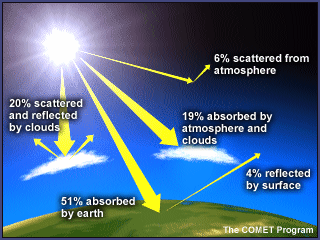



The Greenhouse Effect Greenhouse Gases




How To Stop Global Warming The 8 Best Solutions
The greenhouse effect works much the same way on Earth Gases in the atmosphere, such as carbon dioxide, trap heat similar to the glass roof of a greenhouse These heattrapping gases are called greenhouse gases During the day, the Sun shines through the atmosphere Earth's surface warms up in the sunlightGreenhouse gases in the atmosphere absorb heat energy and prevent it escaping into space This keeps the Earth warmer than it would be without these gases Greenhouse gases are not aThese greenhouse gases absorb heat radiated from the Earth then release energy in all directions, which keeps the Earth warm The diagram gives more details about this process, called the



What Does Greenhouse Gases Mean Definition Of Greenhouse Gases Greenhouse Gases Stands For Carbon Dioxide And Other Gaseous Emissions Resulting From Human Activity That Cause Heat To Be Trapped In




Carbon Dioxide Controls Earth S Temperature
Thus, the rising level of carbon dioxide is viewedThe greenhouse effect has kept the Earth's average temperature a good deal higher for billions of years, making it possible for life as we know it to evolve Over the past several millennia the average Earth temperature has been about 15 °C (59 °F) The figure below illustrates how greenhouse gases keep the Earth warmer than it would be Greenhouse gases act like a blanket around Earth, trapping energy in the atmosphere and causing it to warm This phenomenon is called the greenhouse effect and is natural and necessary to support life on Earth However, the buildup of greenhouse gases can change Earth's climate and result in dangerous effects to human health and welfare and to



3
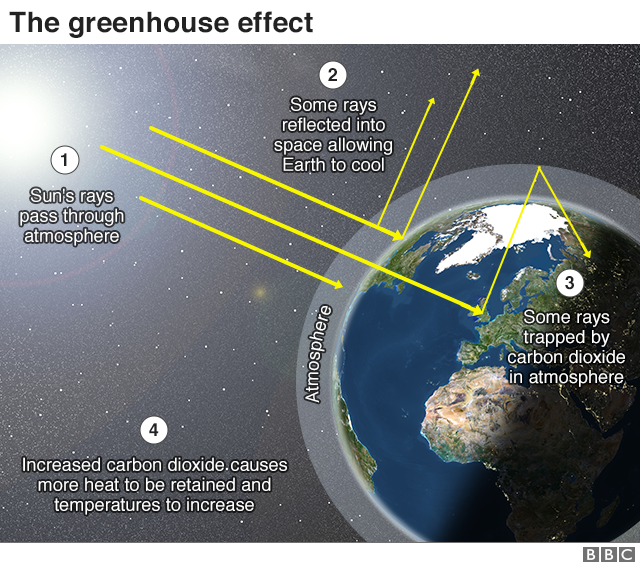



What Is Climate Change A Really Simple Guide c News
The Kyoto Protocol is an international agreement adopted in 1997 that aimed to reduce carbon dioxide emissions and the presence of greenhouse gases These heattrapping pollutants—specifically carbon dioxide, methane, nitrous oxide, water vapor, and synthetic fluorinated gases—are known asA greenhouse gas has a stronger impact on theradiative balance of the Earth if it interacts withlight in the middle of the Earthlight spectrum Band saturation A greenhouse gas at relativelyhigh concentration like CO2will be less effective, molecule per molecule, than a dilute gaslike methane
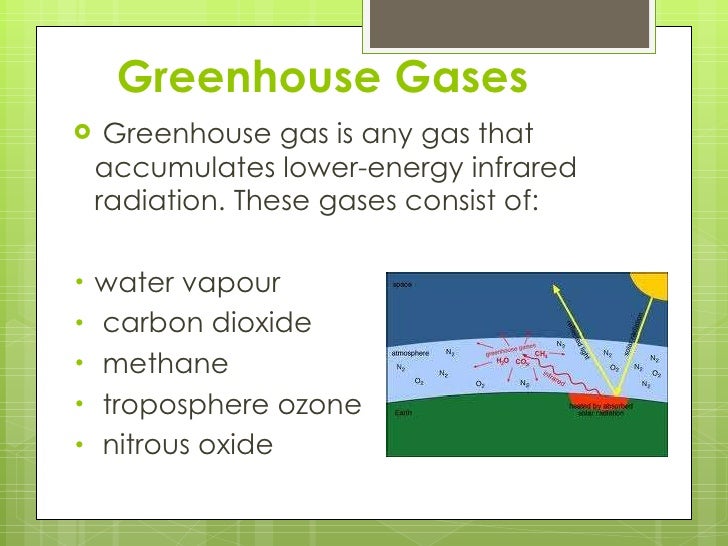



Greenhouse Effect




The Greenhouse Effect Niwa
Greenhouse gases are gases in Earth's atmosphere that trap heat They let sunlight pass through the atmosphere, but they prevent the heat that the sunlight brings from leaving the atmosphere The main greenhouse gases areDefinition of greenhouse gas any of various gaseous compounds (such as carbon dioxide or methane) that absorb infrared radiation, trap heat in the atmosphere, and contribute to the greenhouse effect Water vapor is an important gas for the study of climate and weather because of its role as a natural greenhouse gas as well as its relationship to clouds and precipitation The greenhouse effect happens when certain gases, which are known as greenhouse gases, accumulate in Earth's atmosphereGreenhouse gases include carbon dioxide (CO 2), methane (CH 4), nitrous oxide (N 2 O), ozone (O 3), and fluorinated gases Greenhouse gases allow the sun's light to shine onto Earth's surface, and then the gases, such as ozone,



Chapter 7 The Greenhouse Effect
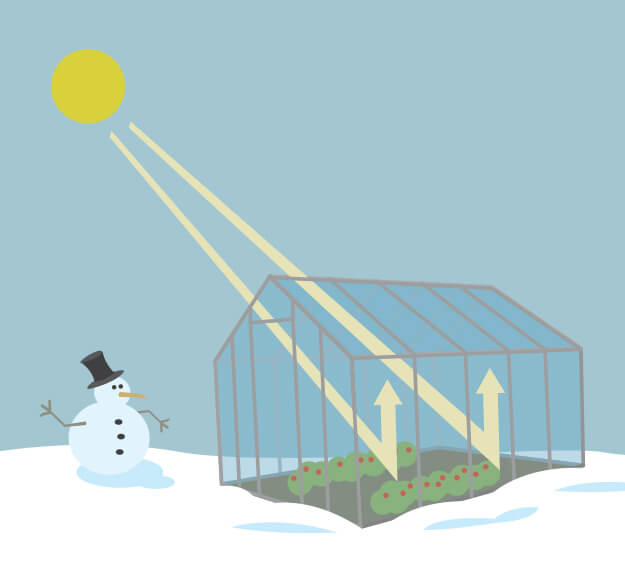



What Is The Greenhouse Effect Nasa Climate Kids
Concentration, or abundance, is the amount of a particular gas in the air Larger emissions of greenhouse gases lead to higher concentrations in the atmosphere Greenhouse gas concentrations are measured in parts per million, parts per billion, and even parts per trillion warming of the surface and lower atmosphere of a planet (such as Earth or Venus) that is caused by conversion of solar radiation into heat in a process involving selective transmission of short wave solar radiation by the atmosphere, its absorption by the planet's surface, and reradiation as infrared which is absorbed and partly reradiated back to the surface by atmospheric gasesThe most important greenhouse gases in Earth's atmosphere are water vapor, carbon dioxide (CO 2), and methane When there is more greenhouse gas in the air, the air holds more heat This is why more greenhouse gases cause climate change and global warming The greenhouse effect is natural




Carbon Dioxide Methane Nitrous Oxide And The Greenhouse Effect Conservation In A Changing Climate
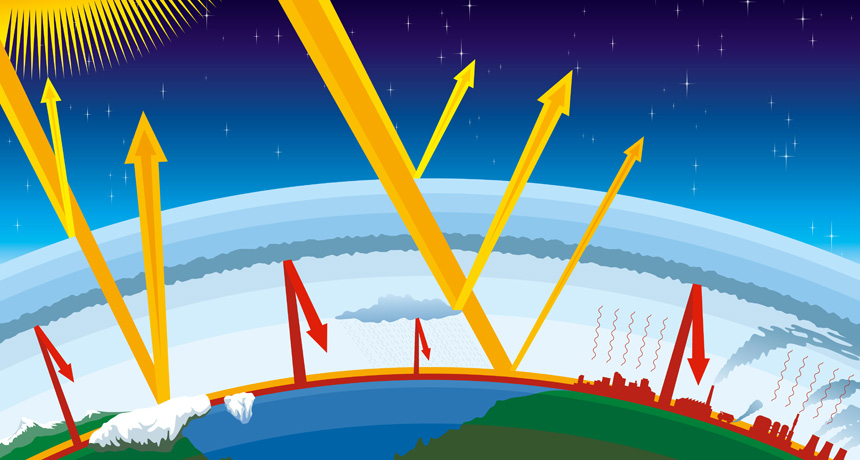



Explainer Global Warming And The Greenhouse Effect Science News For Students
Introduction The enhanced greenhouse effect refers to human activities that are adding to the warming of the atmosphere due to the greenhouse effect —the presence of gases that increases the atmosphere's retention of the heat energy of the sun This is indeed the greenhouse gas that is currently producing the greatest impact on the Earth's rapidly changing climate But it is far from the only one making its mark, and for mitigating climate change it's important to be able to compare the effects of the various gases that contribute to warming the planet But that's not easy to doGreenhouse effect definition, an atmospheric heating phenomenon, caused by shortwave solar radiation being readily transmitted inward through the earth's atmosphere but longerwavelength heat radiation less readily transmitted outward, owing to its absorption by atmospheric carbon dioxide, water vapor, methane, and other gases;




Greenhouse Gas Ghg Meaning And Several Examples



Chapter 7 The Greenhouse Effect
The natural greenhouse effect is a phenomenon caused by gases naturally present in the atmosphere that affect the behaviour of the heat energy radiated by the sun In simple terms, sunlight (shortwave radiation) passes through the atmosphere, and is absorbed by Earth's surfaceThe uncertainty lies in the magnitude of the responseIt is well established that the global mean surface temperature of the Earth has increased over the past century by about 06 K A greenhouse gas is a gas which reflects radiation that the Earth emits, and stops it from being lost into space This makes the Earth hotter than it would be without greenhouse gases This is called the " greenhouse effect " Most greenhouse gases are natural water vapor is the most common, and causes most of the greenhouse effect on Earth




Noaa Global Monitoring Laboratory The Noaa Annual Greenhouse Gas Index Aggi
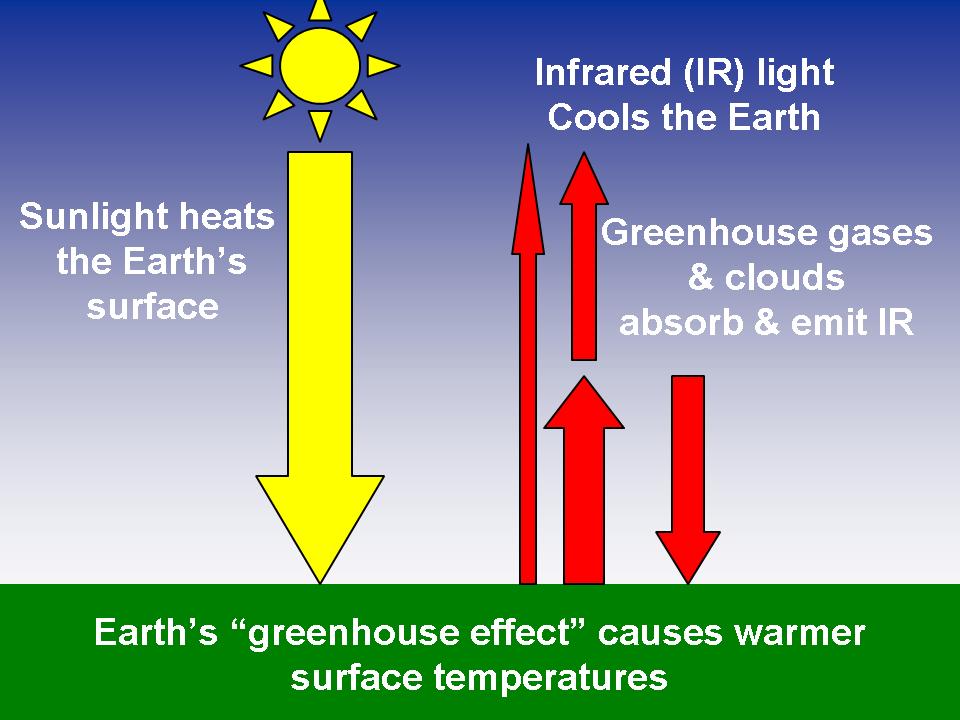



Weatherquestions Com What Is The Greenhouse Effect What Are Greenhouse Gases
Global warming is the unusually rapid increase in Earth's average surface temperature over the past century primarily due to the greenhouse gases released as people burn fossil fuels The global average surface temperature rose 06 to 09 degrees Celsius (11 to 16° F) between 1906 and 05, and the rate of temperature increase has nearlyGreenhouse Gases The three most common types of greenhouse gases are Carbon Dioxide (CO 2) Carbon dioxide enters the atmosphere through the burning of fossil fuels (oil, natural gas, and coal), solid waste, trees and wood products, and as a result of other chemical reactions such as making cementCarbon dioxide is removed from the atmosphere and stored when it is absorbed
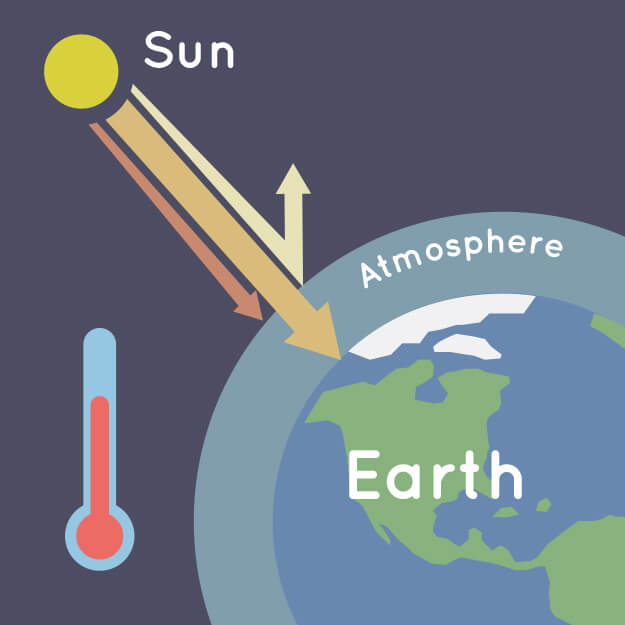



What Is The Greenhouse Effect Nasa Climate Kids




Greenhouse Gases Easy Drawing Novocom Top




Greenhouse Gas An Overview Sciencedirect Topics
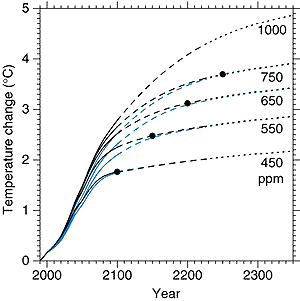



Working Group I The Scientific Basis Get Javascript Other Reports In This Collection 9 3 3 1 Implications For Temperature Of Stabilisation Of Greenhouse Gases Figure 9 16 Simple Model Results Projected Global Mean Temperature Changes When The
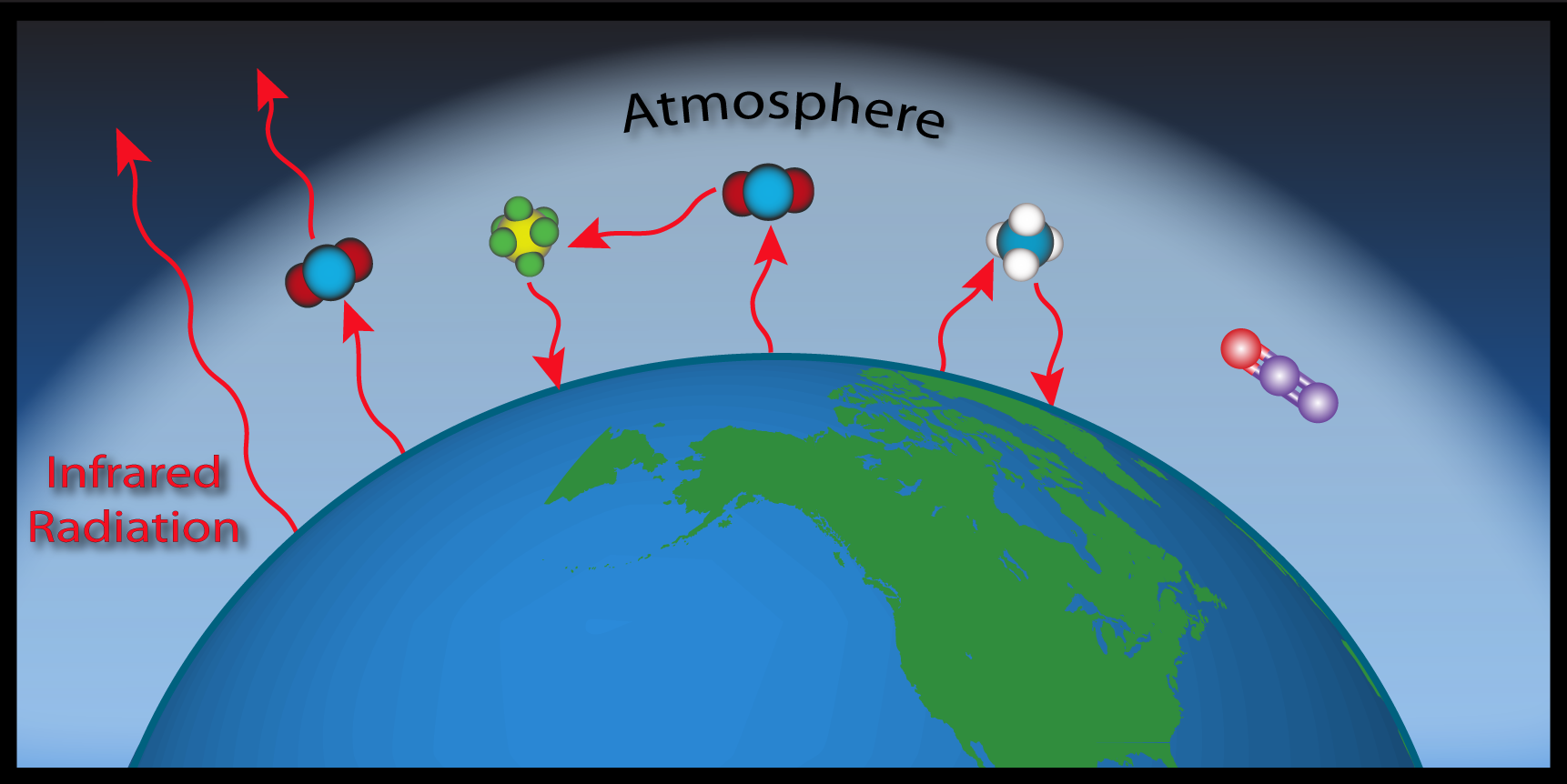



Esrl Global Monitoring Laboratory Education And Outreach
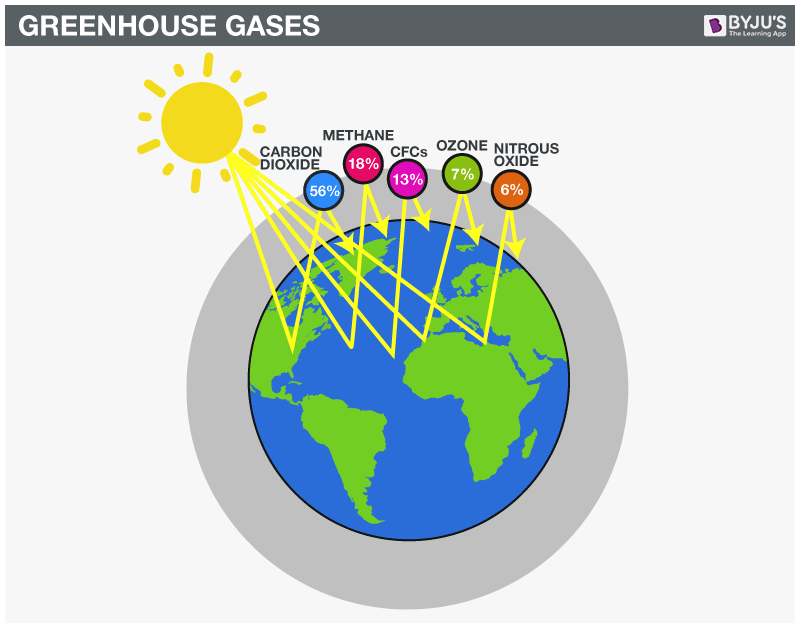



What Is Greenhouse Effect Definition Causes And Effects




The Greenhouse Effect Niwa




What Is The Greenhouse Effect Lesson For Kids Study Com
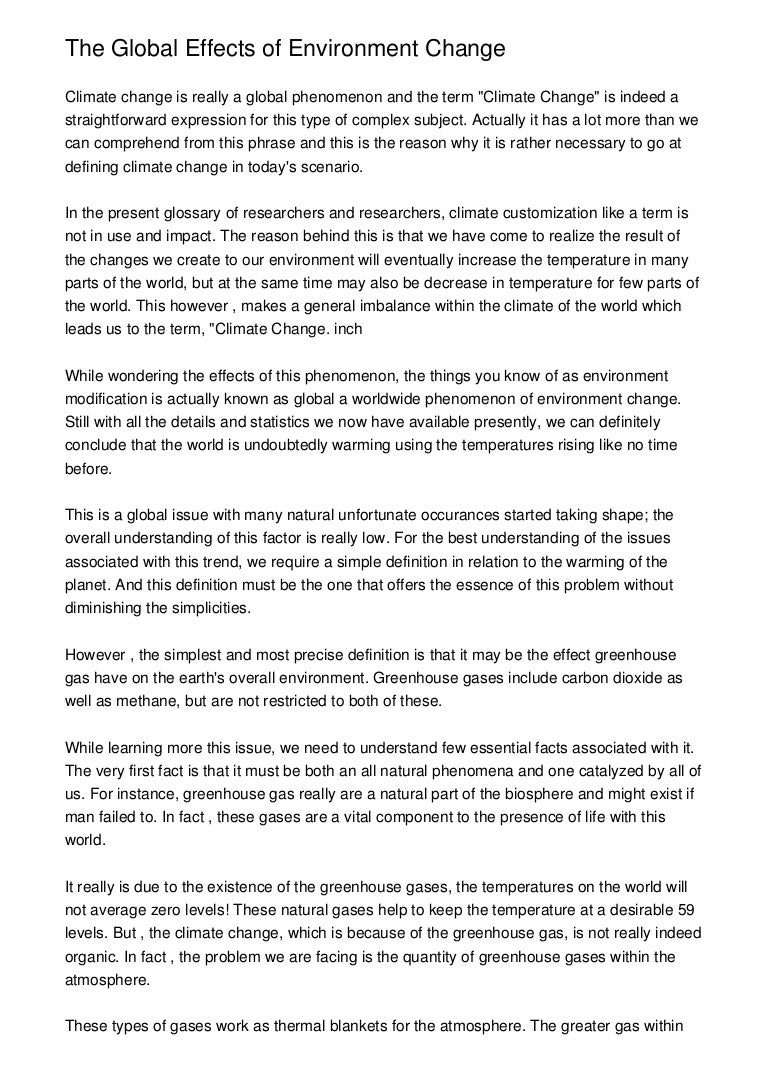



The Global Effects Of Environment Change




تل حقيقة سنوي What Is Greenhouse Effect In Short Hotelsanaasinn Com
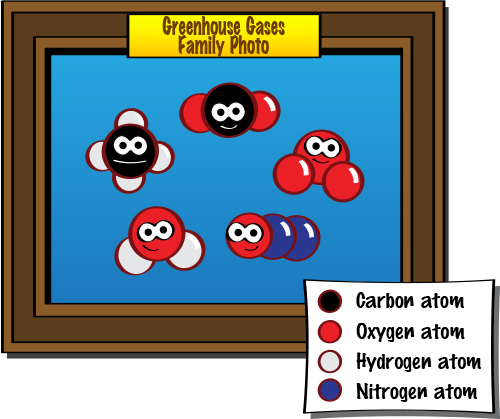



Greenhouse Effect Keeping The Balance Nasa Climate Kids




Conscious Home Simple Ways To Combat The Effects Of Climate Change At Home Courtesy Of Porch Com




Greenhouse Gas Definition Emissions Greenhouse Effect Britannica




Greenhouse Gas Definition Emissions Greenhouse Effect Britannica




Greenhouse Gas Definition Emissions Greenhouse Effect Britannica




Greenhouse Gas Definition Emissions Greenhouse Effect Britannica
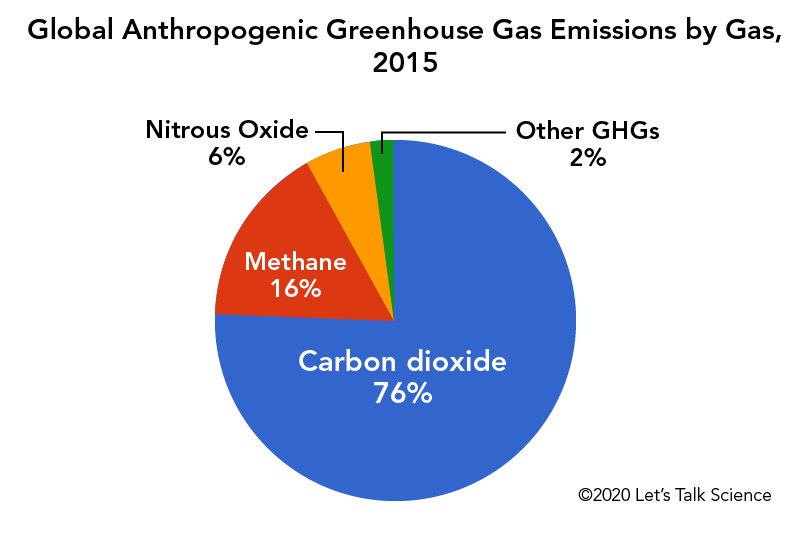



Cows Methane And Climate Change Let S Talk Science
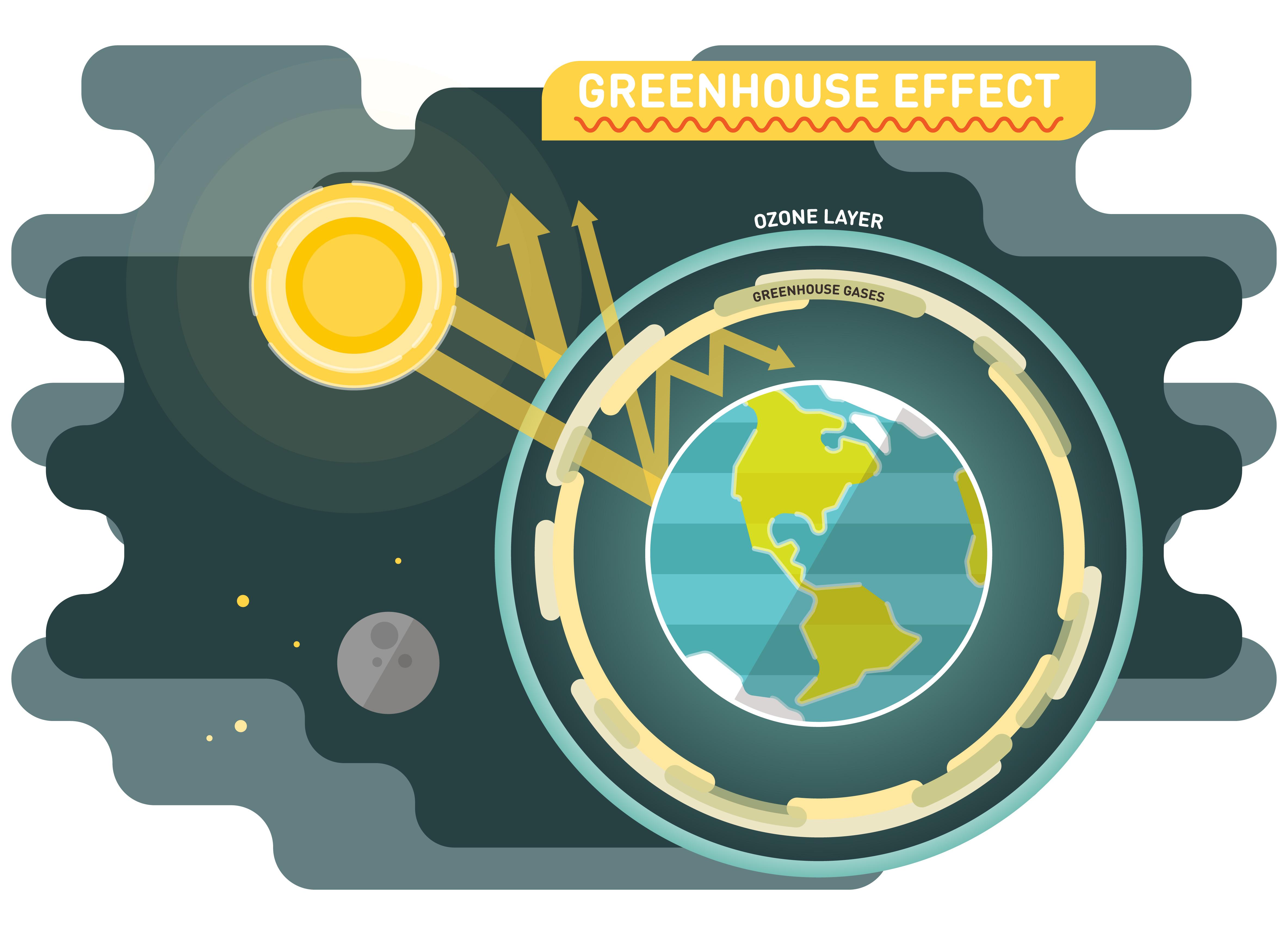



Why The Greenhouse Effect Is Important How It Affects The Climate




What Is A Carbon Footprint Definition Of Carbon Footprint




Greenhouse Gas Definition Emissions Greenhouse Effect Britannica
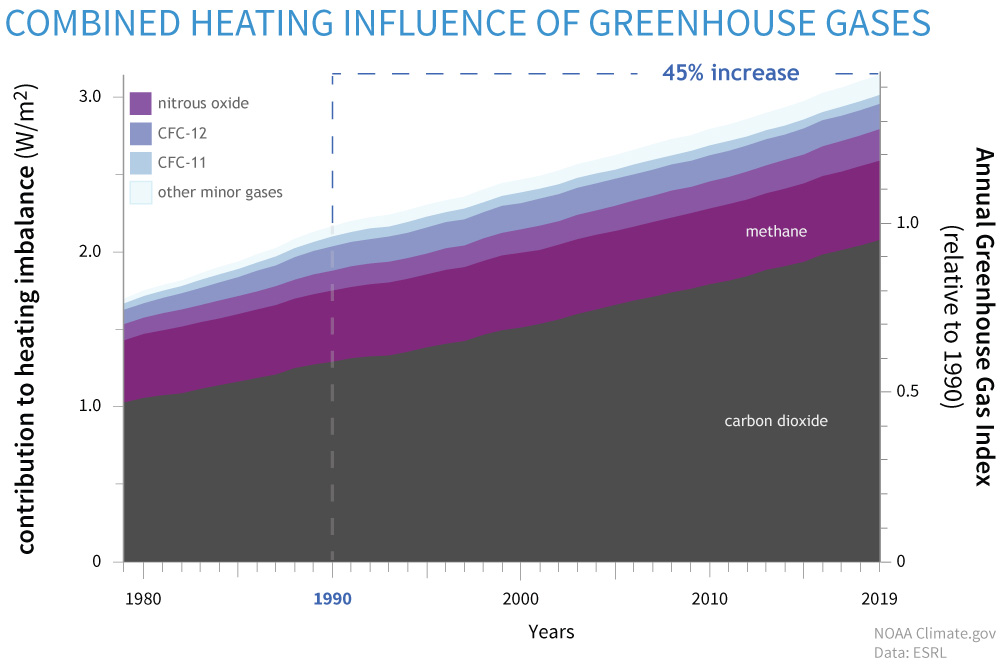



Climate Change Annual Greenhouse Gas Index Noaa Climate Gov




Greenhouse Gases And The Enhanced Greenhouse Effect Video Lesson Transcript Study Com




Carbon Footprint Scopes Practical Summary Green Element Blog




Pdf Greenhouse Effect Greenhouse Gases And Their Impact On Global Warming




Greenhouse Effect E 3 Pages Definitions 2 Description 3 Greenhouse Gases 4 Greenhouse Gases Effect On Atmosphere Ppt Download




Greenhouse Gases Tips To Reduce Your Greenhouse Gases Delmarfans Com




The Enhanced Greenhouse Effect Global Warming Ozcoasts
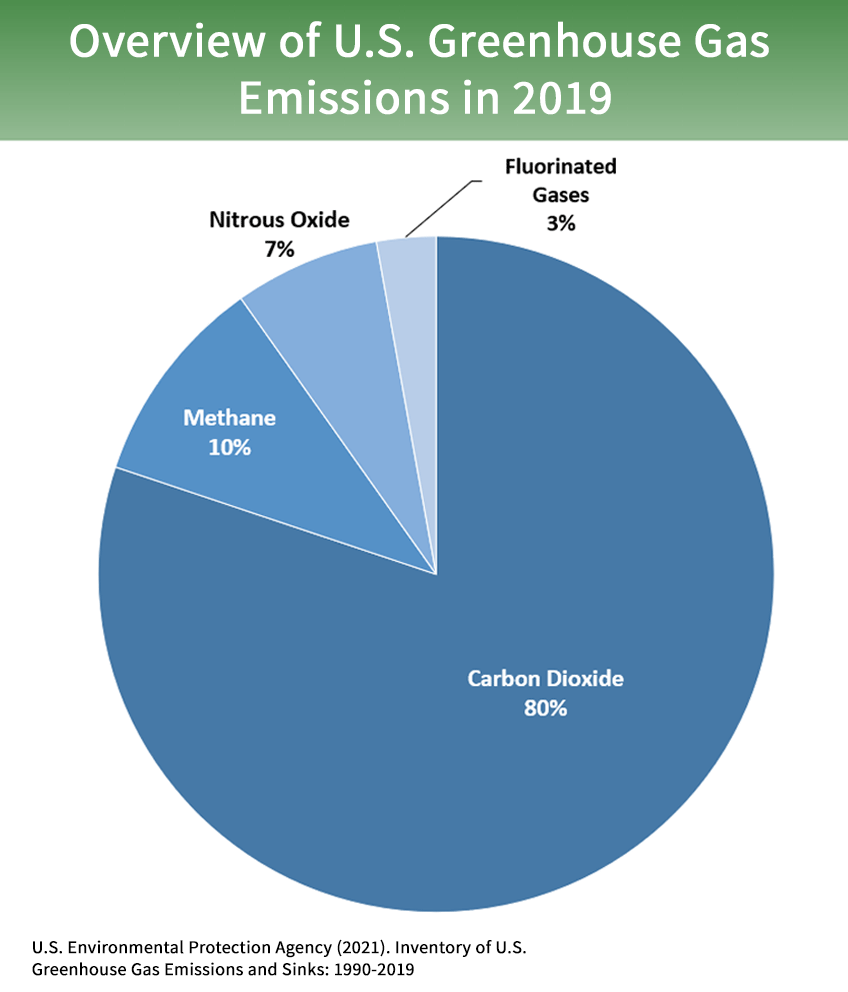



Overview Of Greenhouse Gases Us Epa



What Is The Greenhouse Effect Nasa Climate Kids




Greenhouse Effect Definition Diagram Causes Facts Britannica




What Are Greenhouse Gases How Are They Related To Global Warming
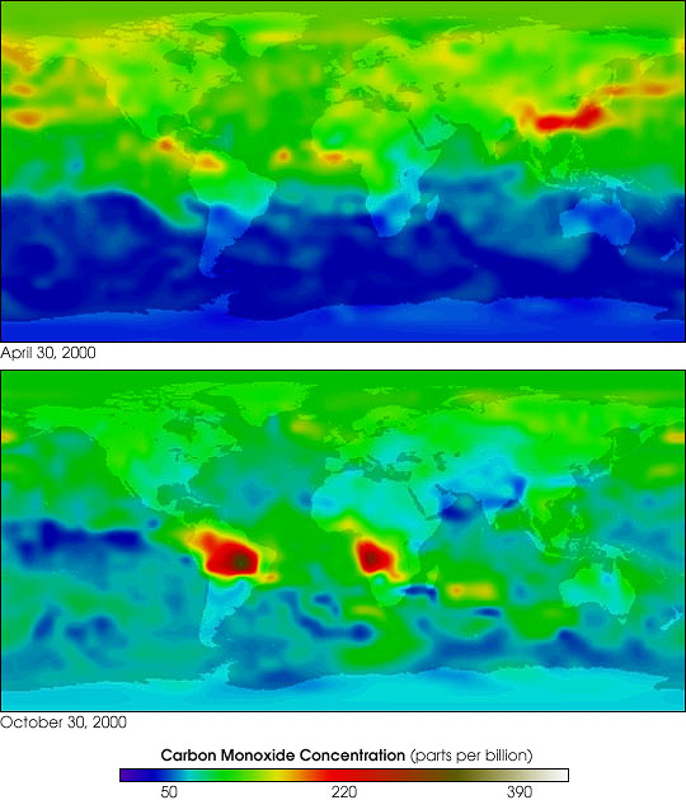



Greenhouse Gas Emissions Definition And Synonyms Of Greenhouse Gas Emissions In The English Dictionary



Greenhouse Gas Wikipedia




What Is An Enhanced Greenhouse Effect Universe Today




What Is Greenhouse Effect Definition Causes And Effects
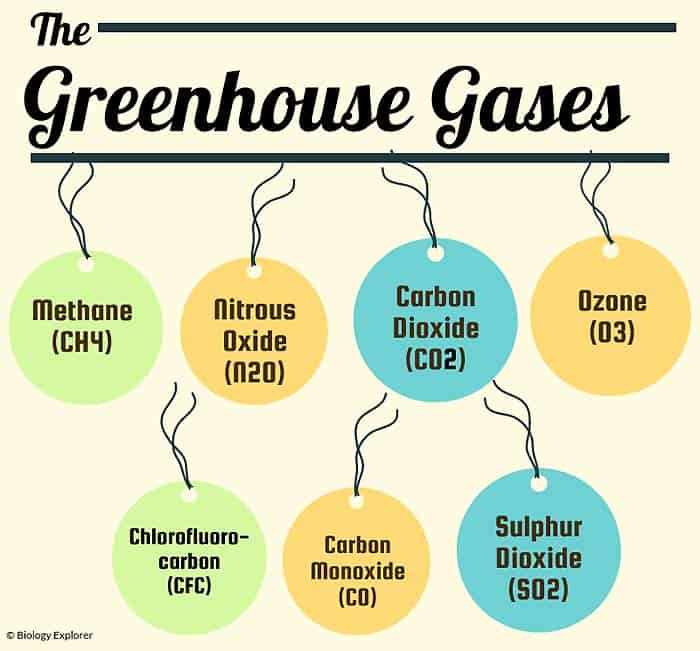



Types Of Greenhouse Gases Definition And Effects On Climate Change
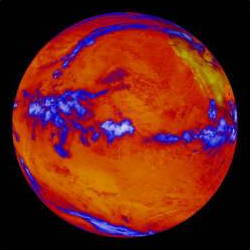



Global Warming For Kids A Simple Explanation Of Climate Change




Greenhouse Gas Wikipedia




Greenhouse Gases Easy Drawing Novocom Top
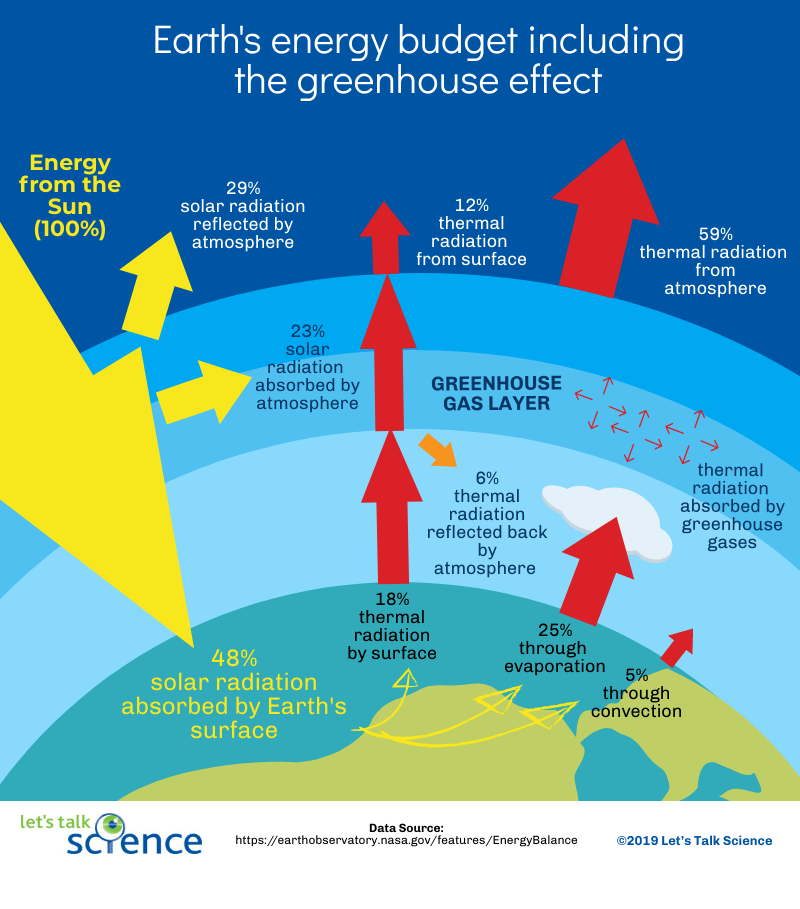



What Is Ocean Warming And Why Does It Matter Let S Talk Science




Greenhouse Gases U S Energy Information Administration Eia




What Is The Greenhouse Effect Global Ideas Youtube




Greenhouse Effect Aumsum Kids Science Education Children Youtube




Greenhouse Gas Wikipedia




What Is Greenhouse Effect Definition Causes And Effects
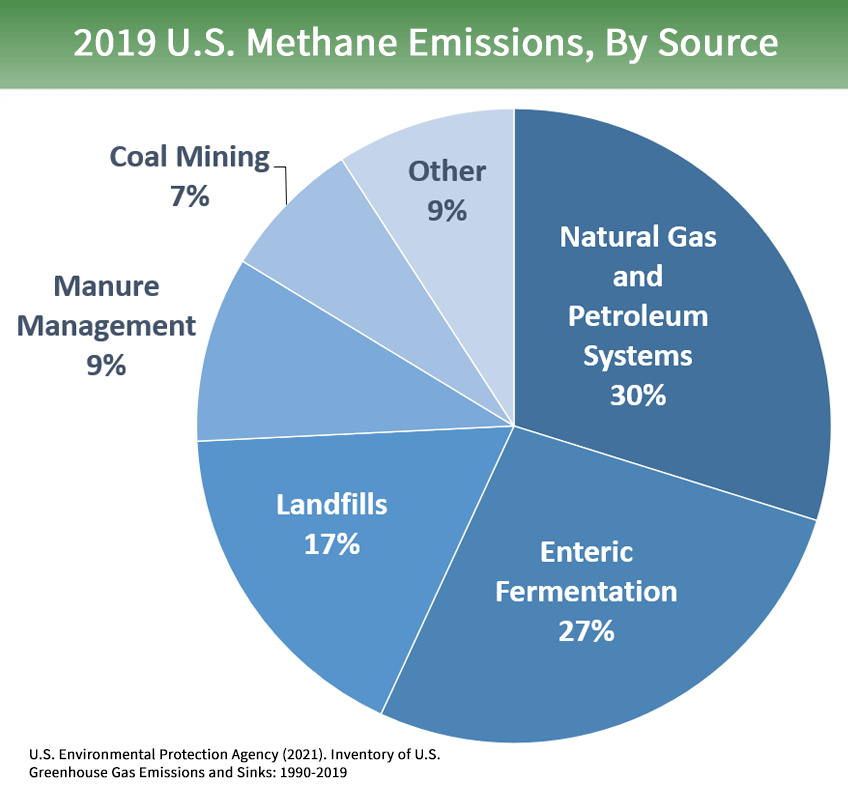



Overview Of Greenhouse Gases Us Epa
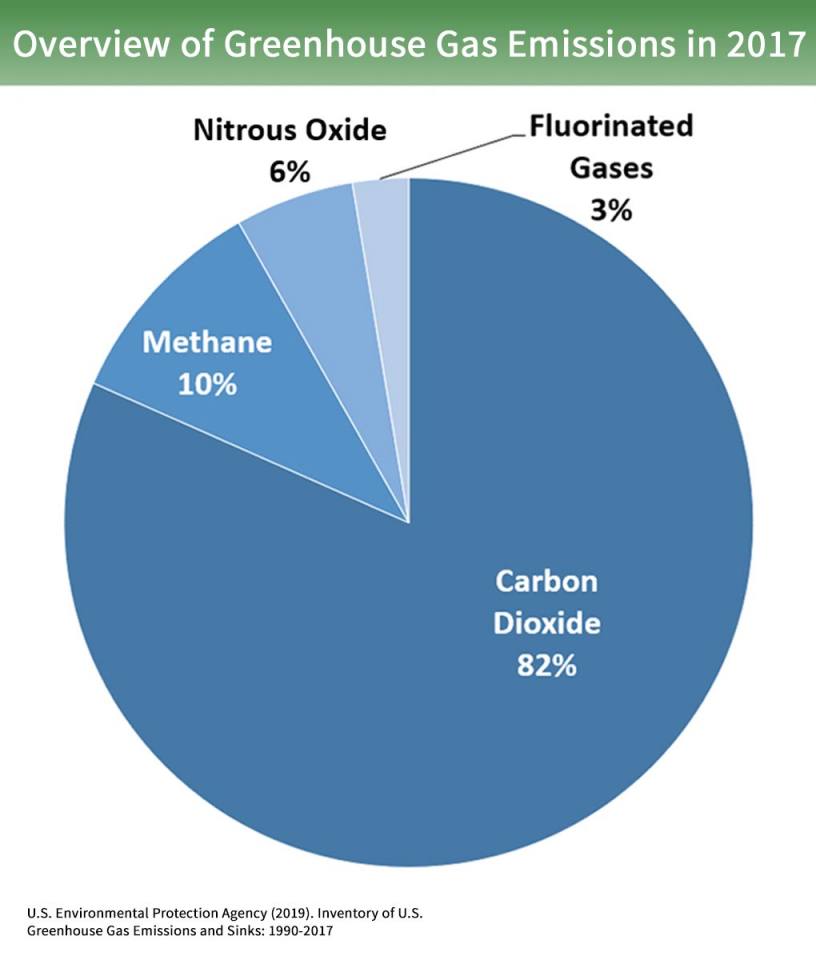



The Greenhouse Effect British Geological Survey




Greenhouse Effect Definition Diagram Causes Facts Britannica
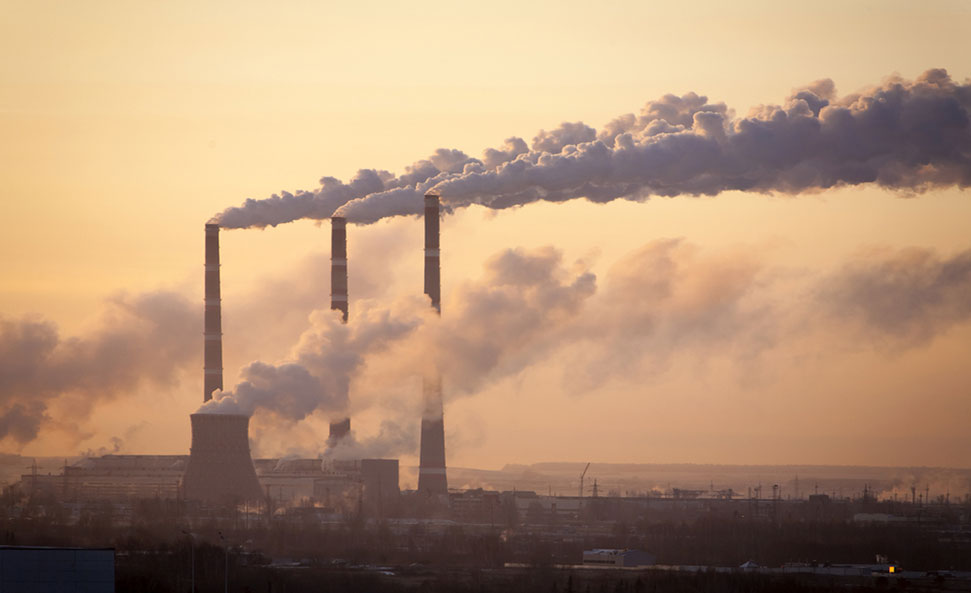



Greenhouse Effect What Is It Definition And Role In Global Warming




Greenhouse Effect And Global Warming Environmental Science Letstute Youtube



Q Tbn And9gcrevtfvebbghz5zkkbq1akjhfs4 Gwdrbwpqnmfiixo2oqlgyw8 Usqp Cau
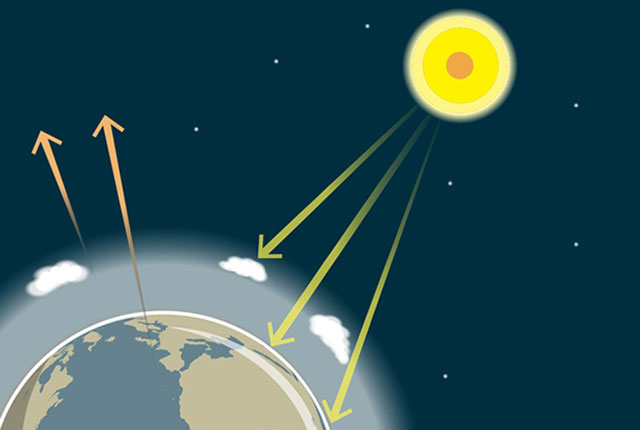



The Greenhouse Effect British Geological Survey




Greenhouse Gases Easy Drawing Novocom Top



Total Greenhouse Gas Emission Trends And Projections In Europe European Environment Agency



3
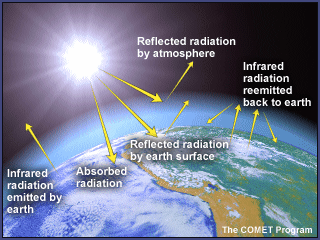



The Greenhouse Effect Greenhouse Gases
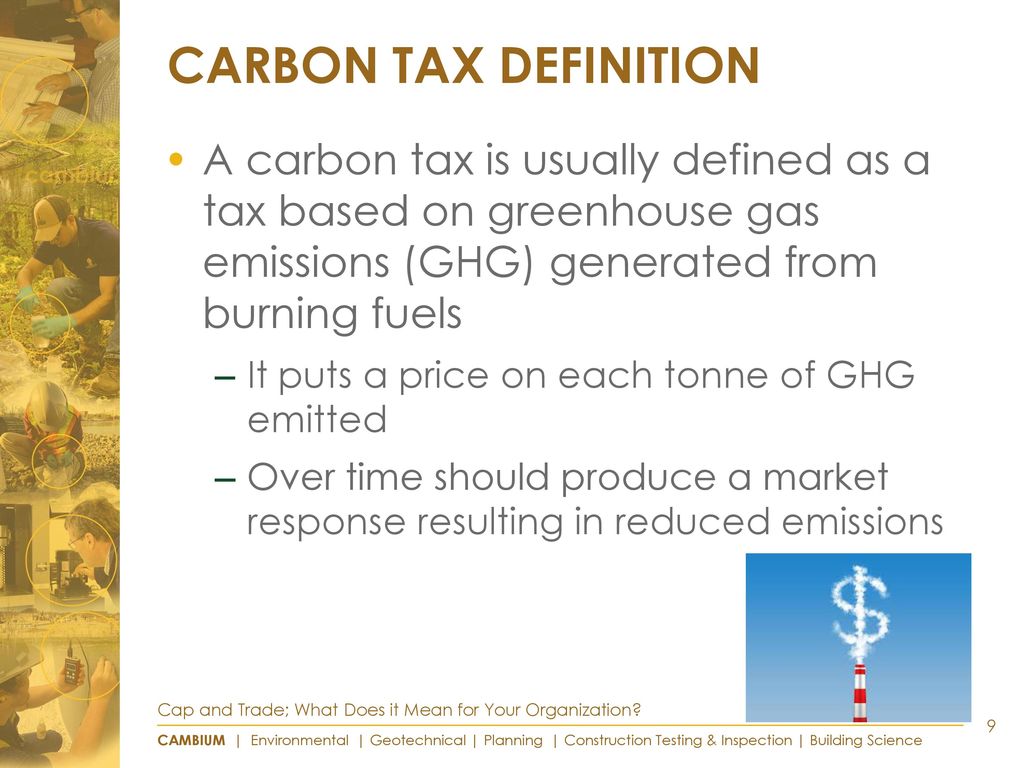



Cap And Trade What Does It Mean For Your Organization Ppt Download
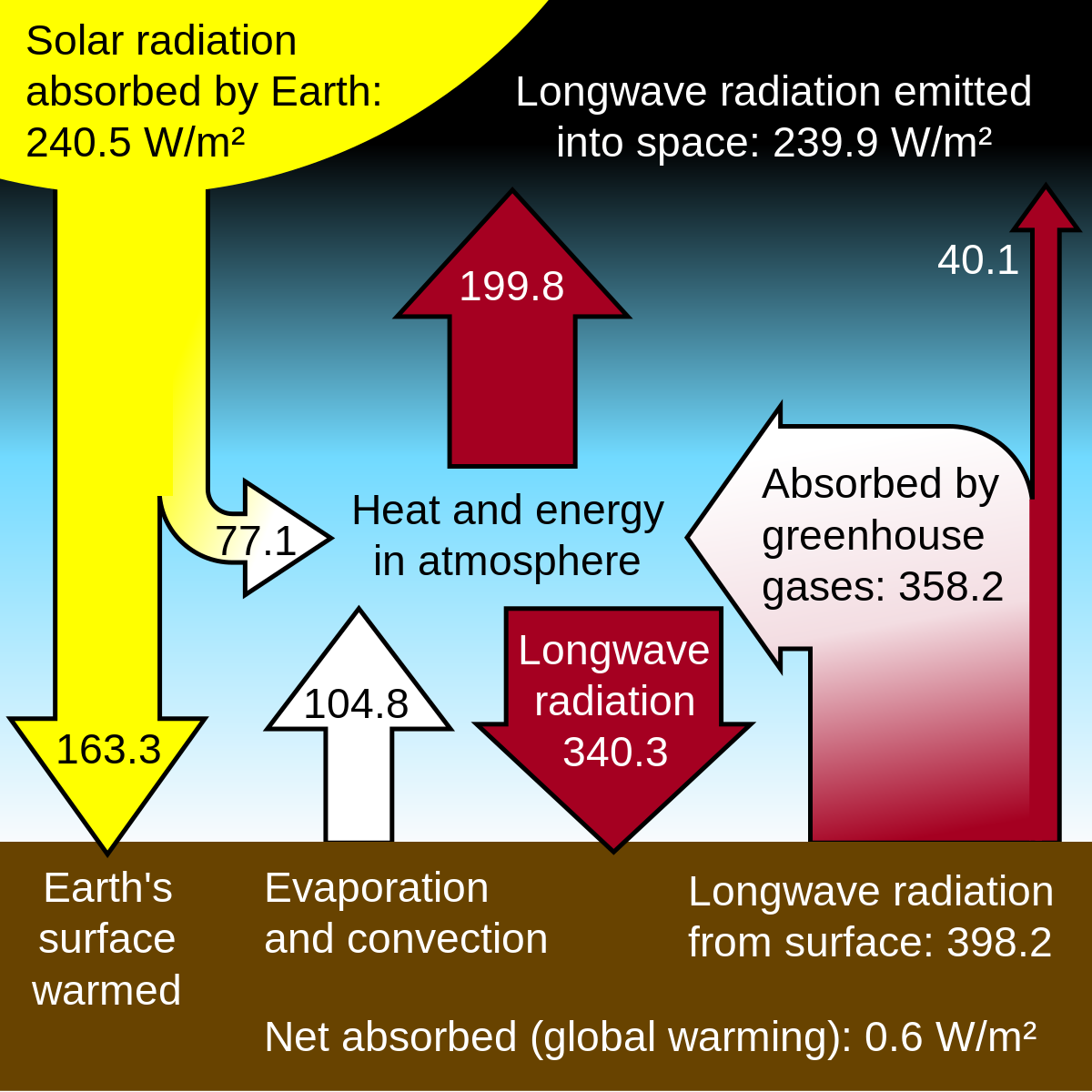



Greenhouse Gas Simple English Wikipedia The Free Encyclopedia
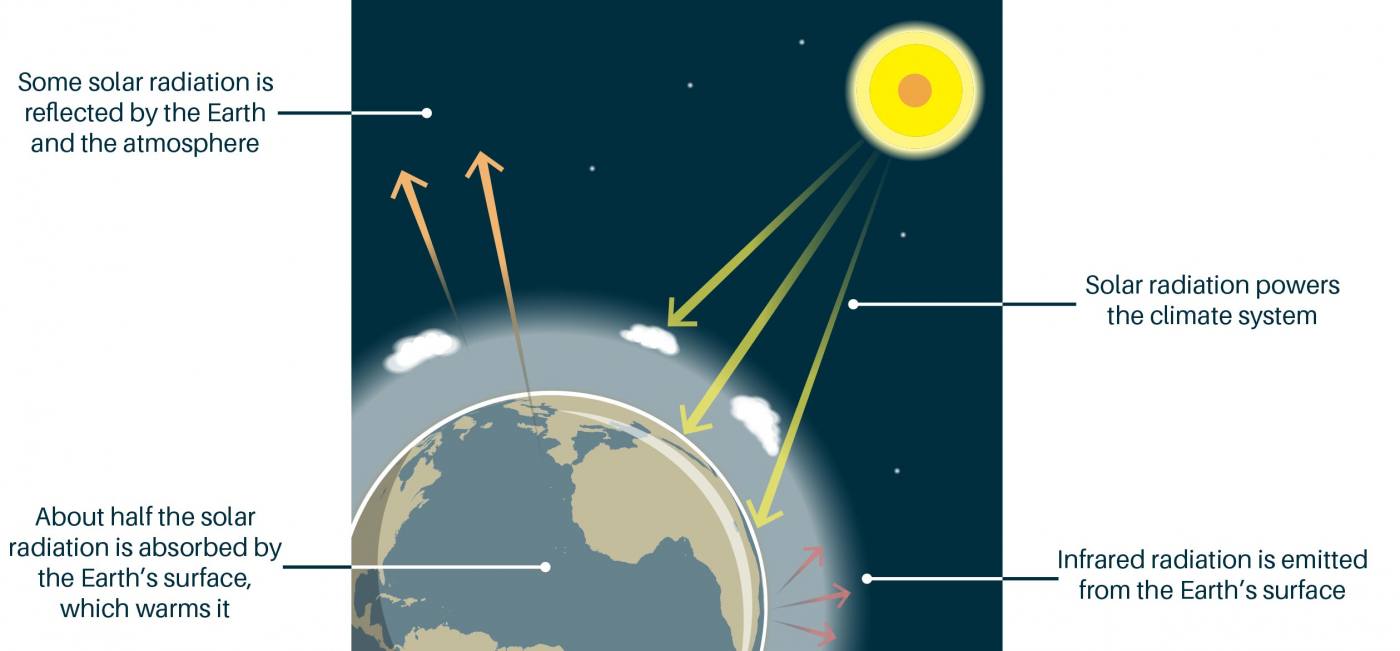



The Greenhouse Effect British Geological Survey




Startup Climate Guide Climate Primer



Meet The Greenhouse Gases Nasa Climate Kids



Chapter 7 The Greenhouse Effect
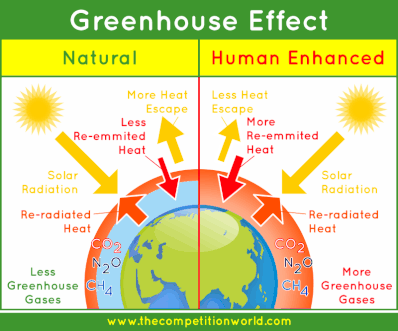



4 4 Climate Change Amazing World Of Science With Mr Green




Greenhouse Gases Easy Drawing Novocom Top




What Are Scope 1 2 3 Emissions Anthesis




Greenhouse Gases Easy Drawing Novocom Top




Greenhouse Effect 101 Nrdc




The Greenhouse Effect Explained
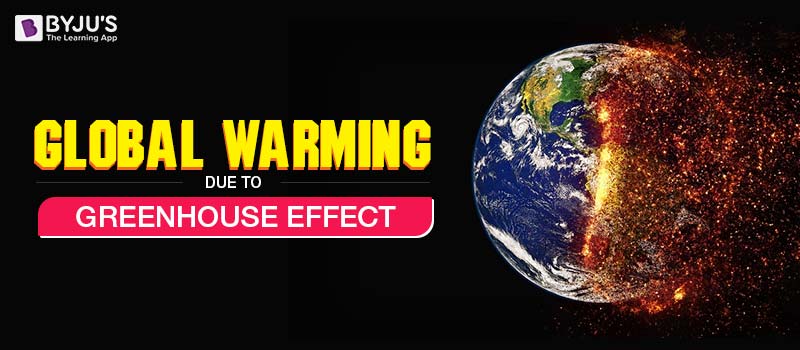



Global Warming Greenhouse Effect Greenhouse Gases With Examples




Greenhouse Gas Definition Emissions Greenhouse Effect Britannica




What Is The Greenhouse Effect Nasa Climate Kids




Specific Interpretations Greenhouse Gases 101 Sustainability
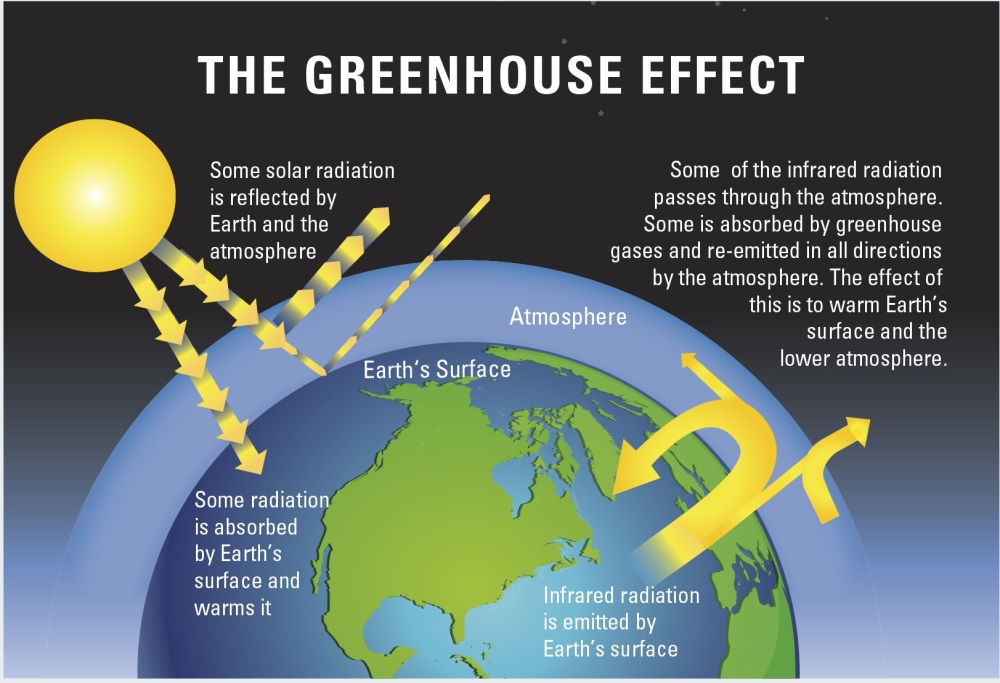



What Is The Relationship Between Global Warming And The Greenhouse Effect Socratic



Why Do Only Certain Gases Cause The Greenhouse Effect And Why Do Some Gases Have More Of An Effect Than Others E G Methane Is Worse Than Co2 Quora
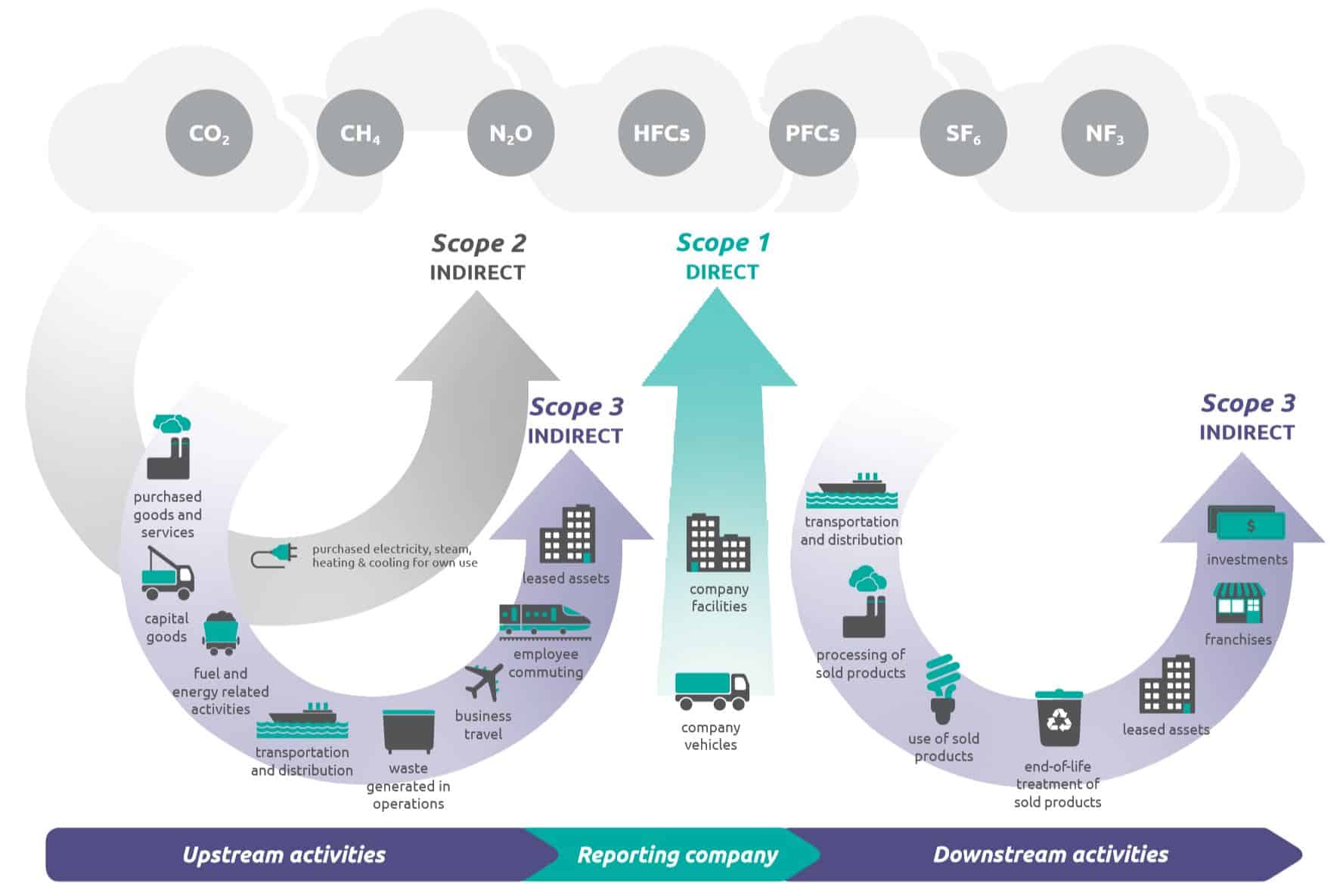



What Is The Difference Between Scope 1 2 And 3 Emissions Compare Your Footprint
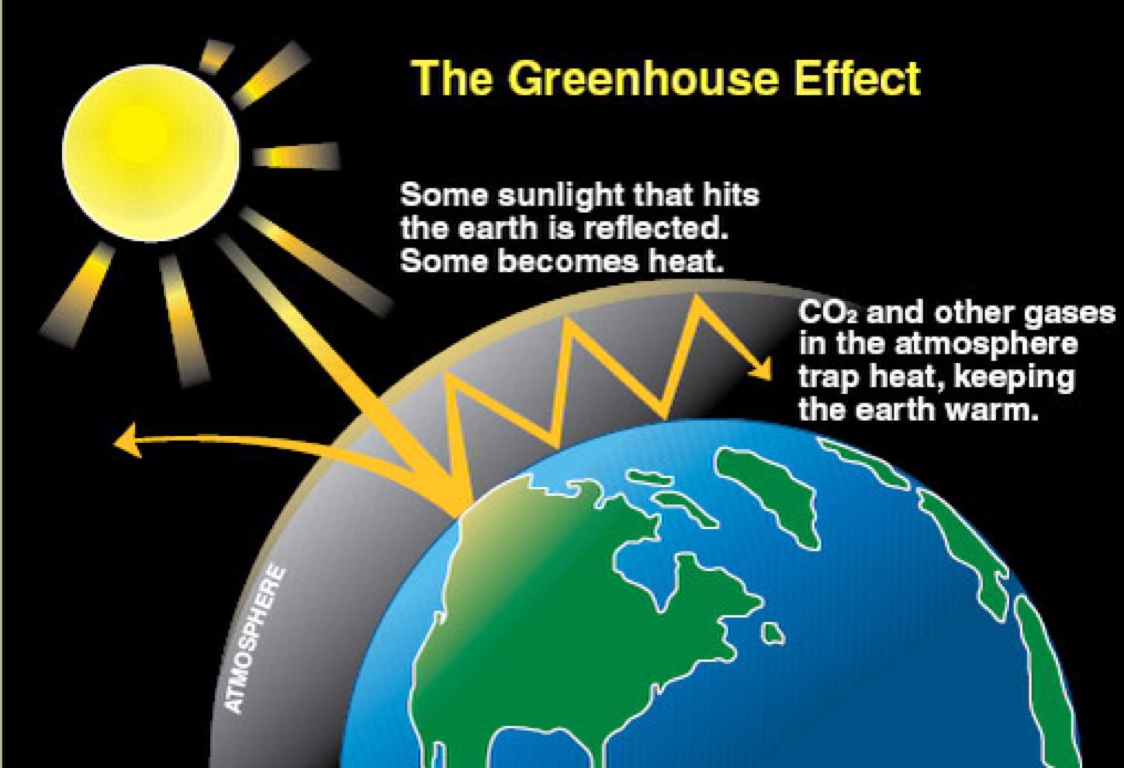



What Is The Difference Between The Greenhouse Effect And Global Warming Socratic




What Is The Kyoto Protocol Definition Summary Pros Cons Video Lesson Transcript Study Com



Untitled Document



0 件のコメント:
コメントを投稿